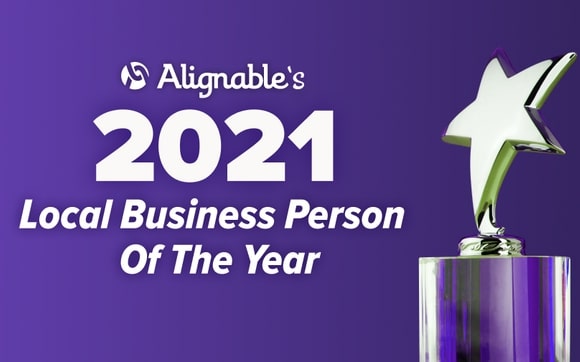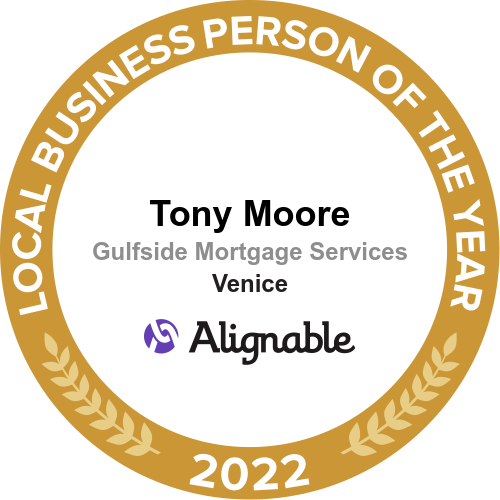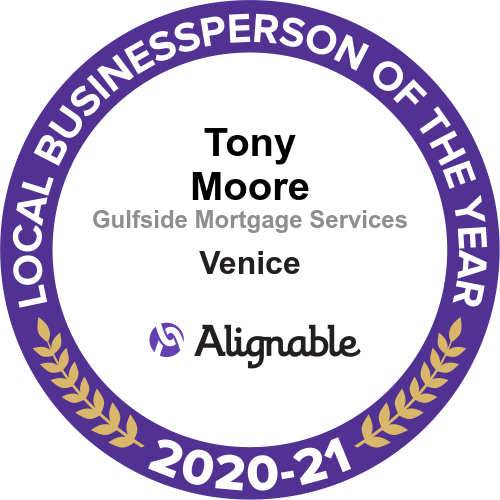Smart Home Technologies and the Impact on Home-Buying Decisions
Written by Gulfside-WpAdmin Posted in BLOG

Technology is everywhere, and always evolving. I’m sure you’re familiar with the term “Smart Home.” These tech-savvy builds take tech into consideration with a heavy influence on everything from air temperatures to security. But, at the end of the day, do these updates help you get more for your home come time to sell? Let’s dive into the many factors of these money-saving devices.
Features of a Smart Home
Before you can understand the values, and possible returns, on Smart Home additions, it is first important to know what these technologies are. Today’s market has a wide variety of home features that can be controlled often from the SmartPhone in your pocket.
Today’s devices can turn lights off and on, unlock your doors from afar, and even control your thermostat without a human’s touch. You can use an app to control lights, security cameras, visual and audio devices (stereos, televisions, etc.). There are robot vacuums, pet cams to keep an eye on our four-legged fur-babies, and even air purifiers working from an app. The doorbell camera has become nearly commonplace. Homes are changing, for sure. But, is it worth it?
Do Smart Devices Save You Money
While you are the occupant of your home, these “Smart” additions can bring you some savings. Controlling your thermostat, for example, can help you to keep the temperatures in your house stable. These devices can now also “learn” your family habits, turning down temps at night while you all sleep, but back up before it’s time for morning showers. These HVAC controls save you on energy bills by reducing usage when no one is home.
Other devices save you time and potentially money by doing tasks for you. Instead of hiring a cleaning service, a Roomba can get floors clean on its own. This can save on cleaning costs, having an automated and programmed device doing the job for you. Smart Appliances, such as a temperature-controlled refrigerator, reducing your use of energy, saving on your utility bills.
Smart security additions can keep you safer, and there is really no way to put a price on that. If cameras, alarms, door- and window-triggers, and emergency services on virtual stand-by deters burglars from entering your home, there is really no cost savings that could matter. Your family is safer, and this is a win for any homeowner.

The Return on Investment of Smart Home Features
If you are about to sell your home, you’ll find some more positives due to your smart devices. For example, 59% of climate-conscious Americans say they’re willing to pay more for homes already equipped with smart technologies. This shift over time has impacted the residential real estate market in a great way.
Overall, the trend shows that people do want more tech in the home, and are willing to pay for it. This means value can be added with such installations. Real estate professionals should understand Smart Home features, such as security systems, to be sure they are keeping up with tech-savvy buyers.
According to Forbes, most sellers of smart homes realize 50% returns on their investment.
“However, the more significant benefit may be that buyers tend to choose to purchase smart homes more readily than houses without the technology,” says Deane Biermeier, Forbes’ contributor and home improvement expert.


























